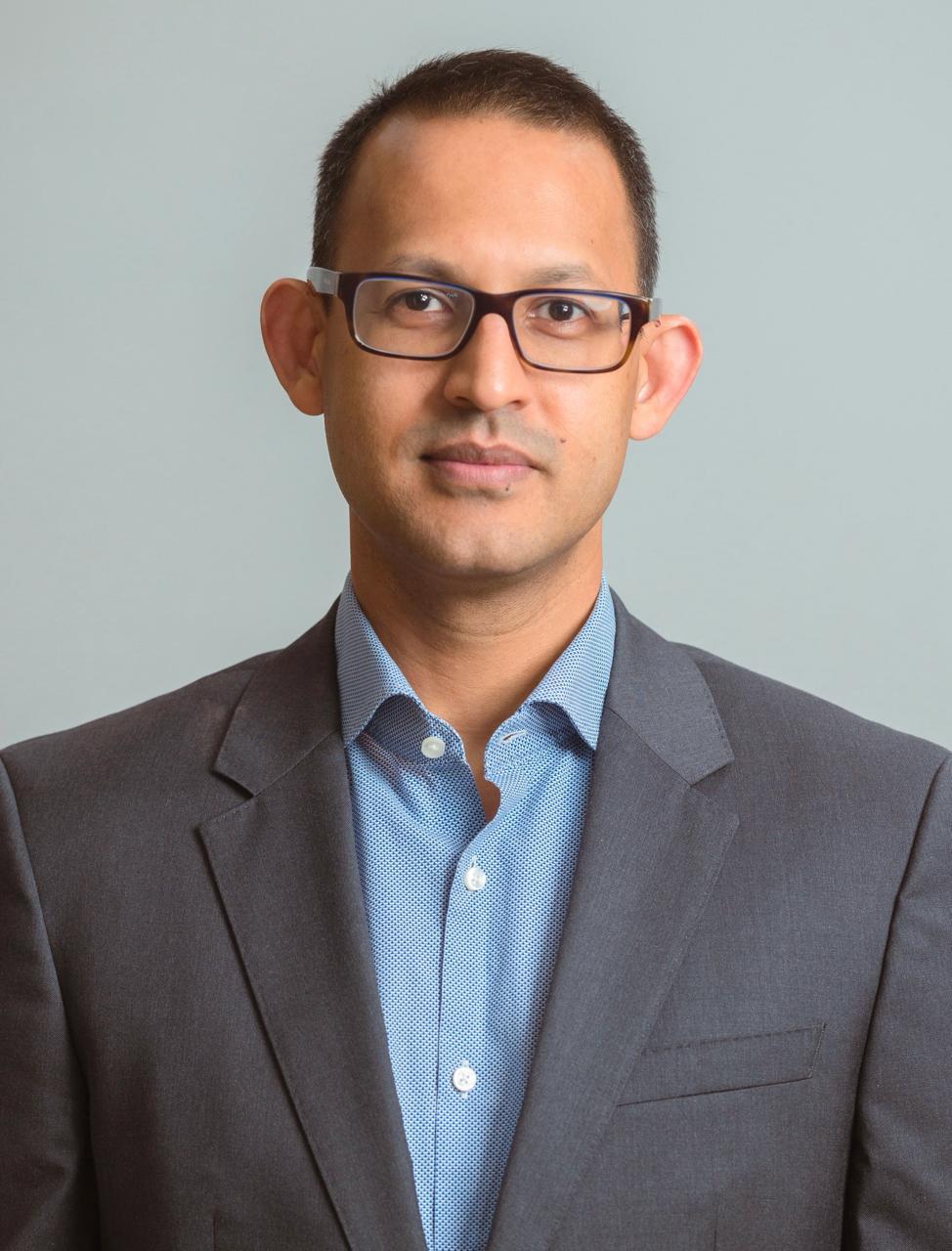By Lakhram Bhagirat
Urology is a surgical branch of medicine that deals with and explores the diseases that affect both the male and female urinary system as well as the male genital and reproductive system.
In Guyana, some of the common urological conditions include kidney stones and tumours along with the complications that go with them, inclusive of bladder tumours. Urologists also deal with issues relating to the prostate including an enlarged prostate or prostate cancer, erectile dysfunction and even fertility issues.
“I believe that there is significant demand for (urologists) in Guyana. I believe that urology as a subspecialty is attractive because it is unique in that it combines a lot of academics, it allows for surgical craft, it allows cutting-edge technology and has lots of room for research. So, there are not a lot of specialities that would actually combine those things as well as I would find urology would and allows you to treat so many varied aspects of disease in about one or two organ systems,” Dr Chris Prashad said.
The 41-year-old urologist currently works as a urology consultant with the Georgetown Public Hospital Corporation (GPHC) and a number of private medical institutions.
During an interview with the Sunday Times, he related that he grew up on the East Coast of Demerara with his parents ensuring that he had a quality education. The Queen’s College alumni completed his medical education at the University of Guyana.
“After becoming a general practitioner, I went and moved on to post-graduate training in surgery locally and eventually would take advantage of an opportunity to sub-specialise in urology in the UK (United Kingdom). Upon completion of my post-graduate urology training, I have been a practicing consultant urologist since 2014,” he said.
Dr Prashad completed his Urological Fellowship at Kings College in London and further training at the University of Edinburg.

When asked whether he always had his eyes set on a career in the medical field, Dr Prashad said that it was a “practical decision to make.” Prior to applying to medical school, he read for a degree in biology at UG and as he was completing his degree programme, Prashad took the turn into medical school.
“I always planned on living and having my life in Guyana and so I had to make a practical choice in my interest area and where I thought could be contributing meaningfully to and would be fulfilling to myself and I thought medicine fits pretty well.”
Just as he was finishing up medical school, Guyana began offering postgraduate specialisation and he took full use of that opportunity. He started in the field of general surgery and continued in that field for a few years. As his training continued, Dr Prashad realised that Guyana has enough general surgeons to cater to its population but what it was lacking was doctors in the field of urology.
The opportunity opened for him to specialise in the UK and he grasped it.
“Luckily, I had some opportunities that popped up that allowed me to take advantage of it and I have had no regrets since,” Dr Prashad said.
Being in the medical profession for over a decade and a half, and in urology for almost 7 years, Dr Prashad has encountered a number of challenges in his field. Like in any field, some of those challenges are systemic while others are speciality related.
Urology is a sub-speciality so doctors in the field deal with a fairly narrow area of the body in a very specialised way. The challenges are similar as in more other subspecialties. Most recently one of the pressing challenges has been the backlog or the waiting time for non-urgent surgeries.
Dr Prashad said that this can be attributed to the guidelines and protocols in light of the COVID-19 pandemic.
“The good news is that all of the institutions I have worked with recognises this and we have been forced to adapt and put measures in place. Right now, I think with the recognition that there is a bit of a backlog and the need for more surgeries we have been offered more surgical operating time in the operating theatre. So, we have been getting more done and things are slowly getting back to a place where we can start improving the number of surgeries we are doing. Of course, this would be non-urgent surgeries. We still have the responsibility to ensure that urgent things are dealt with urgently.
“With urology, we do a lot of endoscopic surgeries and that means generally a lot of surgeries that don’t involve cutting the body and so we work with a fair amount of technologically sophisticated equipment. A lot of cameras a lot of different types of equipment that can do things without the need to cut the body so one of the challenges is that a lot of this equipment is not readily available in Guyana and so sometimes if something go wrong it is difficult to have them repaired or replaced in the most timely of ways.”
Dr Prashad explained that all of the organisations he has been attached to have been receptive at the administrative level while recognising the need and the urgency in having technical equipment repaired or replaced when they were down. He added that there is also the challenge of working without the optimal technology for periods of time when they are down. That has forced them to adapt and improvise so that the highest standard of care can be delivered to their patients.
Kidney health is important
The kidneys are best known as organs that filter our blood and gets rid of certain waste in our body by excreting them in the urine. Outside of that critical role they also have a function in helping to regulate blood pressure and certain hormones in the body.
Because of these functions, the bottom line is without normal functioning kidneys we would not be able to live. So healthy kidneys are an absolute priority and we need to do whatever we can in ensuring optimal kidney health.
Dr Prashad advised a balanced diet and a healthy lifestyle.
“Persons should have their annual exams and annual follow-up with your doctors to maintain a healthy kidney. During those follow-ups, the doctors will be screening for certain conditions that will lead to kidney failure. In Guyana most commonly hypertension and diabetes are some chronic illnesses that lead to kidney failure when uncontrolled. Urologically, kidney stones and the complications from the kidney stones can also lead to kidney failure.
“It is important to recognise that if you are living with or have been diagnosed with kidney stones even if you pass or those stones have been removed surgically, you’re always at risk for reoccurrence. So you have to continue your follow up.”











